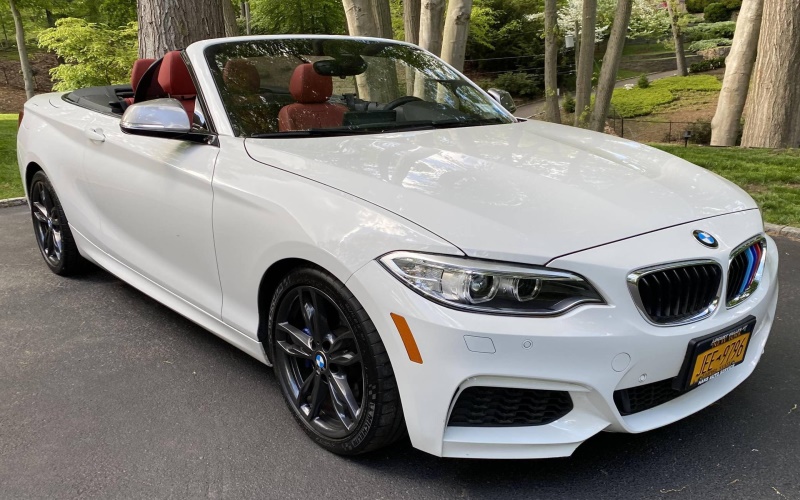Germany is known across the globe for engineering prowess, luxury vehicles, and unfaltering high standards. Yet when it comes to body repairs on used German convertibles like the beloved BMW E46 model, owners quickly learn that maintaining these standards comes at a startlingly steep price. More than just labor and parts, underlying economic realities ensure body shops must charge a premium to keep BMW cabriolets looking sharp.
The High Labor Costs of German Repair Shops
Unlike the United States, most body shops in Germany do not purchase insurance direct repair facility contracts. Instead, they remain independent, charging an hourly rate that allows their business to cover specialized facility needs, high-tech equipment, and tech salaries. These per-hour labor charges already start much higher than average US body shops.
On top of the baseline charges, German body technicians train for three years under paid apprenticeship programs, giving them mastery of the latest repair techniques. The repair expertise they gain allows them to command upwards of $65 USD per hour—nearly double what US bodymen might make. For E46 cabrio owners, this means dozens of hours translating to thousands in labor fees.
Navigating Parts Shortages On Aging BMW Models
When collision shops begin adding up estimates for BMW E46 cabrio body work, labor is only part of the equation. Parts make up a significant portion of charges, and for older models, waiting weeks while parts come from overseas can spike costs.
Unlike more common vehicles where local junkyards stock plenty of spare bits, conversion tops, fenders, lights, and trim specific to the E46 cabrio are scarce as this BMW generation ages. What few parts remain fetch premiums before shipping fees. Many items must be ordered directly from Germany where warehouses hold dwindling original replacement stock.
Rush delivery from Europe quickly negates any savings over new aftermarket alternatives only available at a similar markup. For specialty exterior trim pieces that cannot be reproduced easily without mold casts, options narrow to either expensive repairs or aesthetic sacrifices.
The Difficulty of Retaining Structural Integrity
Modern unibody convertibles like the BMW E46 rely on uniformity and alignment between welded chassis components to retain rigidity and handling for which the German marque’s cars are known. After wrecks, this continuity becomes compromised if body shops fail to follow factory procedures and specifications when cutting, welding, or working sheet metal.
Restoring factory alignment values across large exterior panels, door frames, and rocker panels calls for precise measurements and experienced welders earning top pay. Attempting to cut corners on the intensive labor needed to re-establish continuity risks perceptible chassis warping. That leads to popped weld points, misalignments causing wind noise, and most critically, safety concerns should subsequent accidents incur more severe structural deformation.
The Importance of Factory Standards in the Repair Process
Part of the high charges German body shops bill comes from strict adherence to factory repair procedures necessary for getting cabriolets like the E46 back to BMW spec. Failing to follow OEM processes governing approved techniques risks all manner of issues down the road.
For the shops themselves, denying warranty coverage looms as a possibility if malpractice leads to problems immediately evident or spotted in the future. Technicians also stake their reputations on getting cars back to driving condition indistinguishable from pre-accident form.
For BMW owners themselves, improper repairs stand to hurt resale value significantly if non-factory workmanship manifests as persistent issues with panel gaps, operation of convertible tops, chassis flex indicating frame damage, or misaligned lights leading to roadworthiness inspection failures.
Maintaining the Integrity of a Passion Investment
In the end, for Germans and other European collectors who covet BMW drop-tops, the commitment to premium standards through top shops protects passion investments. Unlike disposable consumer goods, older specialty vehicles reward those preserving quality with pride and financial upside.
By biting the bullet to keep examples like the E46 cabrio properly restored after accidents, the hope stands that those vehicles continue delivering driving joys while forming the classics of tomorrow. For that privilege, a bit less coin in the bank seems a small price.
